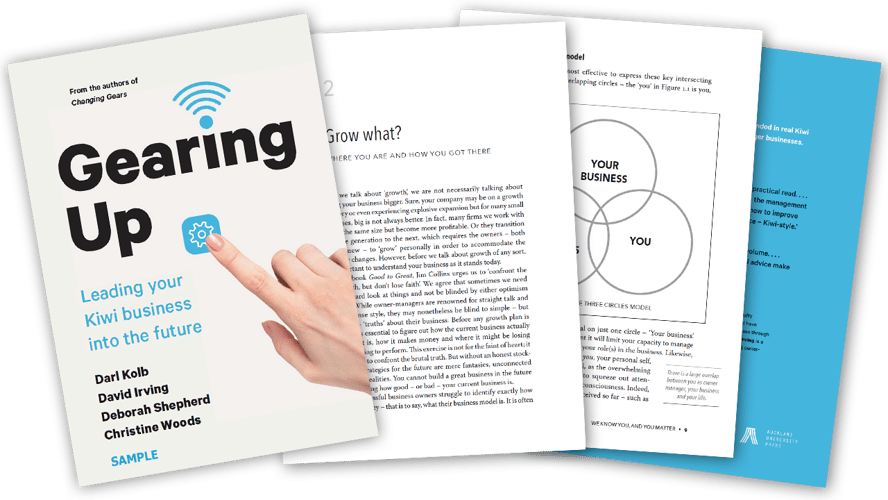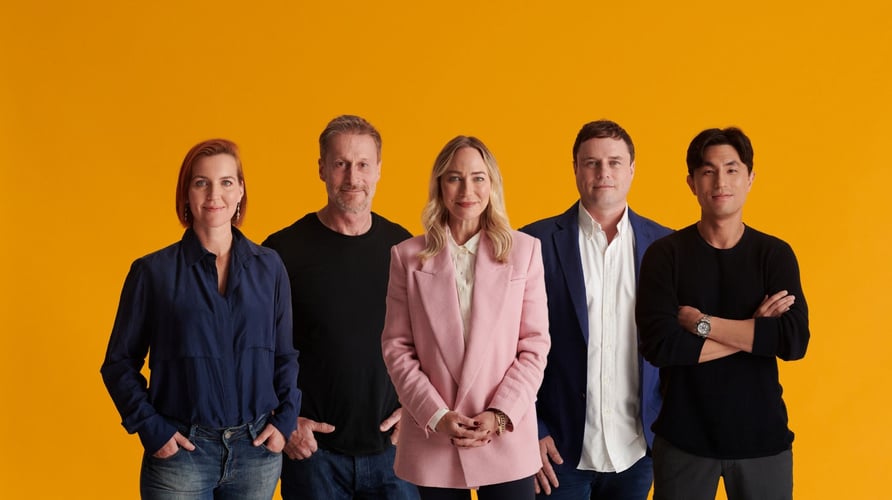The Icehouse 20-Year Publication: Part Ten
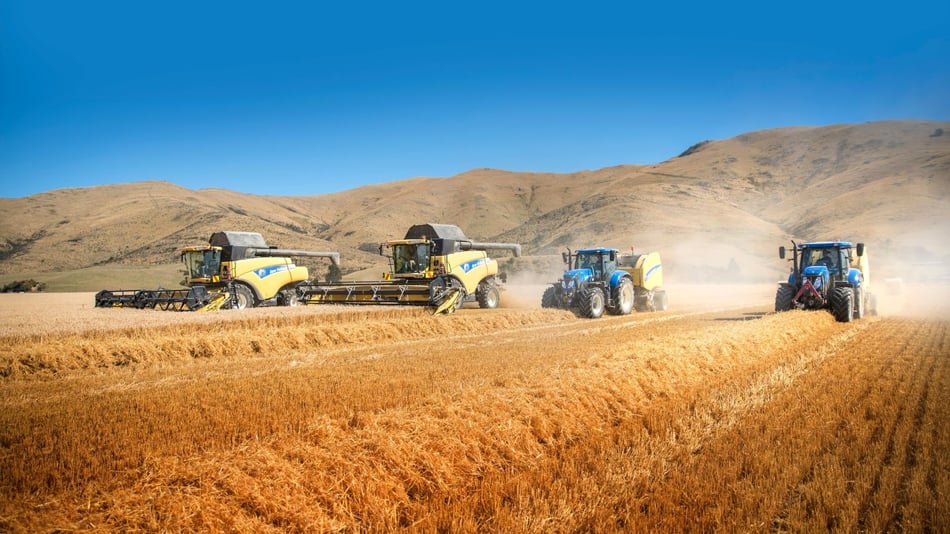
Welcome to the tenth part of our 20-Year Anniversary Publication serialisation. Each week, we’ll be publishing a new chapter telling the stories of the people and places that have contributed to our history. You can view part nine here.
Agribusiness Programme – How do farmers learn?
David Irving has always harboured a vision of a global network of Icehouses, bridging discoveries in learning internationally and transferring knowledge from SMEs throughout the world to those in New Zealand.
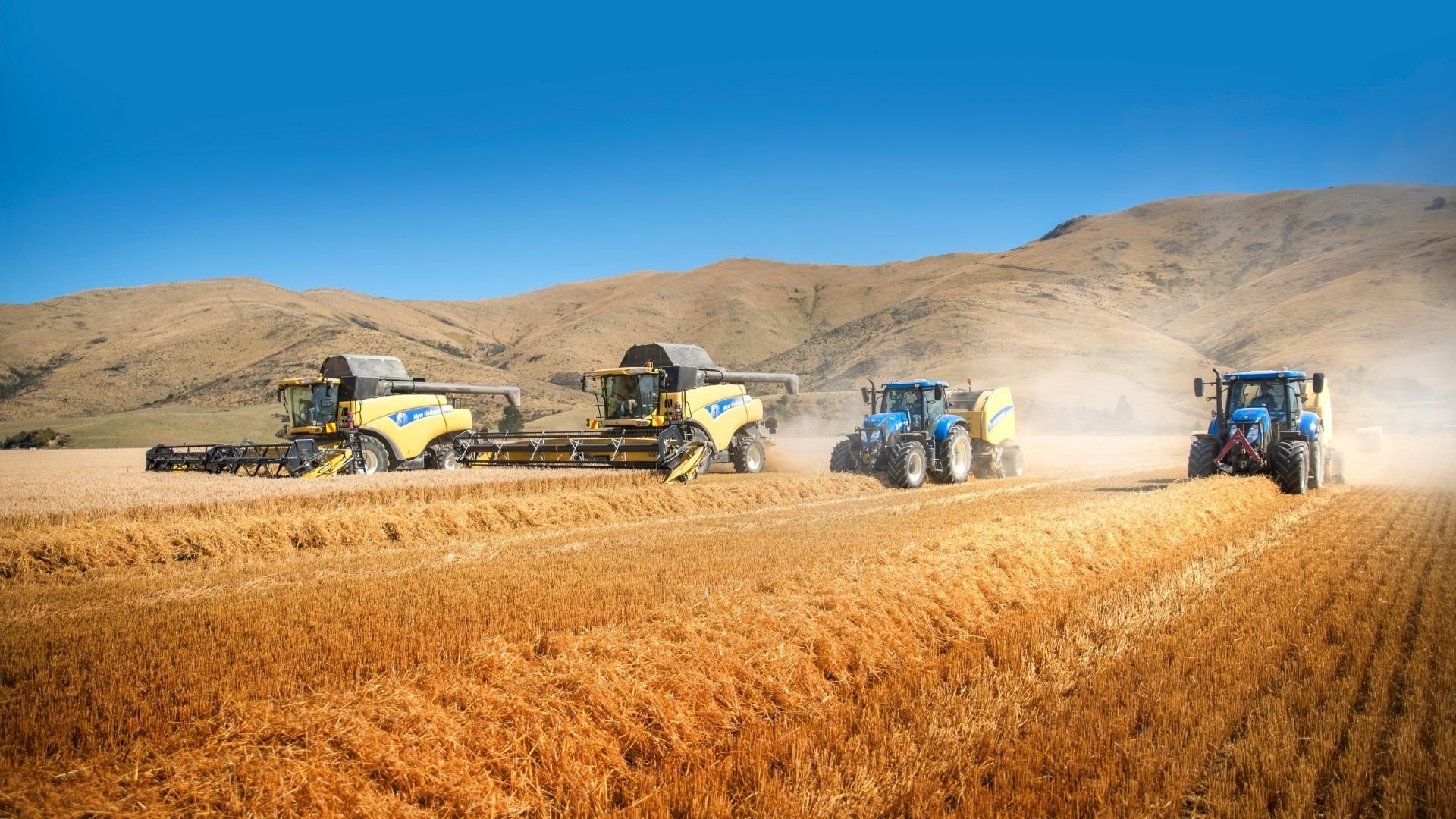
In a way, the Agribusiness Programme was born out of that idea—to push beyond what The Icehouse already offered, to press into Australia, finding other types of businesses that were in need of the type of learning opportunity that The Icehouse offered.
It was only a short step to forming the question: who does the country depend on? The answer… farmers.
And how do farmers learn?
‘If you think SME owner-managers are on their own, think about farmers,’ Irving says, as passionate as the day he first came up with the idea. ‘It’s crucial that we provide a service to them.’
The next step was getting representatives of the different agricultural industries in a room together—from Federated Farmers to producers of viticulture and horticulture. They talked about the business of making wine, and the business of growing crops, and the business of farming. And the question was asked, what could The Icehouse provide to those people?
What emerged was a programme for taking farmers on a learning journey, about principles of business and management and leadership—issues they are involved with on a daily basis but about which they might never have taken the time to learn.
Following the same principles as the Owner Manager Programme, the programme brought owners of land-based businesses from both sides of the ditch together to connect and learn—not how to be better farmers, they knew all about that, but to be better business people.
‘It was a wonderful programme,’ Irving says. ‘Truly terrific for those of us who were involved through those eight years.’
‘I am bold when I believe in something—that something was the uniqueness of farmers, that special quality hewn from their circumstances—self-made people, learning to do business alone, just them and their partner and family on the farm. They had fortitude and resilience in spades from that experience. And sure, they had other farmers to get together with. But the beauty of the Agribusiness Programme was that it brought farmers together in an education experience—and that’s when great things happened.
‘When they got together, they were just wonderful,’ Irving adds. ‘We had some wonderful times with them.’
Changing Gears and Gearing Up – From the kitchen table to the board room
When the book Changing Gears: How to take your business from the kitchen table to the board room, was published in 2009, it was as much about voice as it was about the principles of growth and profitability and market penetration.
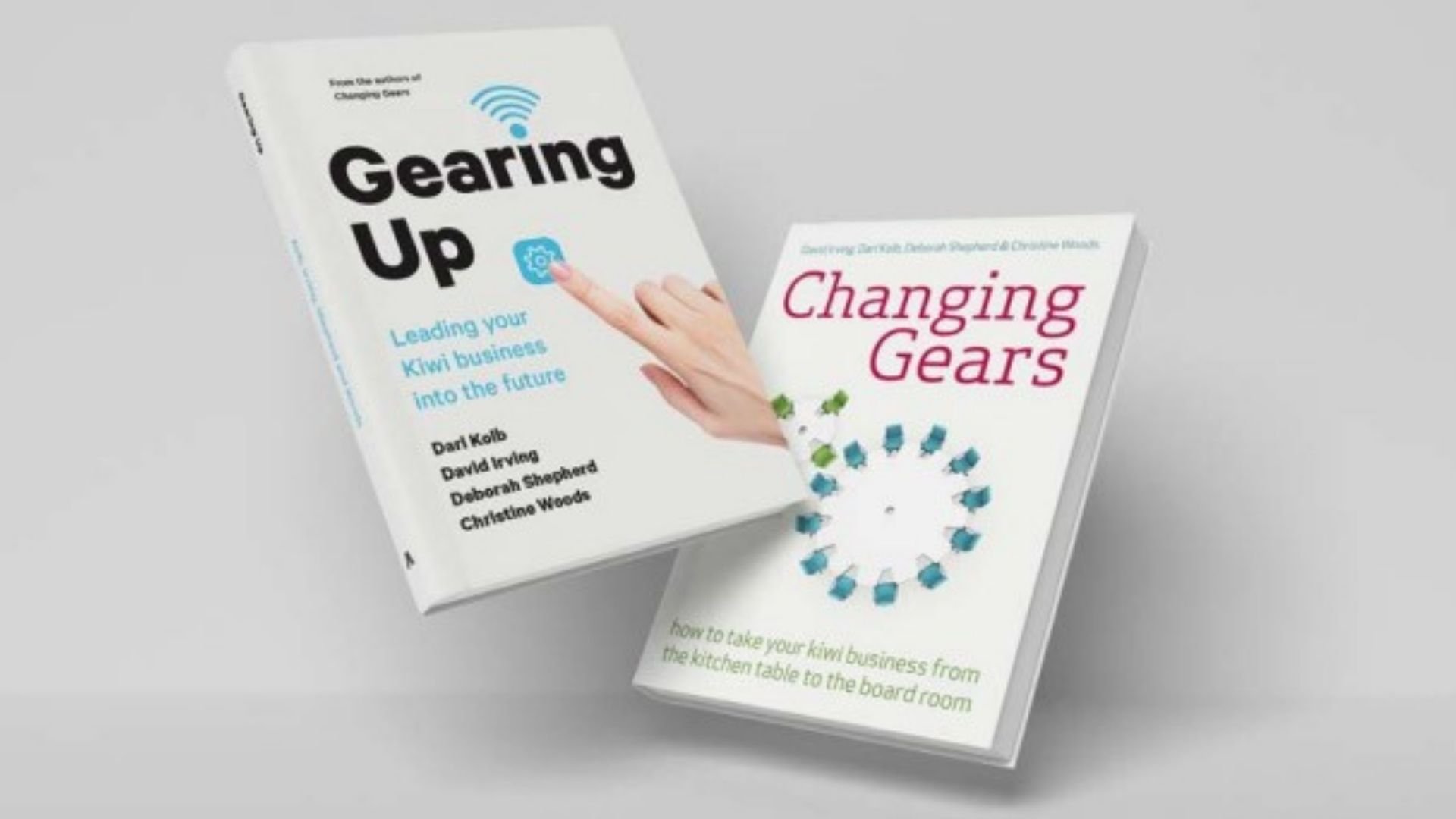
There was the voice of the authors, for one thing. David Irving, Darl Kolb, Deb Shepherd and Chris Woods were key facilitators of the Owner Manager Programme at The Icehouse—as well as being business owners, lecturers, government advisors, entrepreneurs, and company chairs in their own right. Their experience was and is vast. But that doesn’t always equate to voice.
‘By that stage we had done Seven Reflections, a countrywide tour reflecting on seven years working with owner-managers and had enough experience under our belt to feel like we had a voice,’ says Deb Shepherd.
‘It’s certainly not for us to be the voice of the OMP but we had enough experience to be able to share back and reflect: here are some of the things we’ve observed; this might be helpful.
‘Unlike other academic books, we were really clear we were writing it for that audience. It isn’t an academic book; it isn’t ground-breaking, but it’s a companion to the programme, and it speaks to other owner-managers who haven’t done the programme.’
Then there was the voice of the owner-managers themselves.
Chris Woods says the key contribution of the book was to put on paper and give voice to the owner-managers they had worked with in The Icehouse’s OMP.
‘To me that was one of the most important things—to show the value of owner-managers, the need to respect what they do, and that owner-managed businesses are not just smaller corporate businesses.’
Changing Gears came out towards the end of The Icehouse’s first decade. It was a decade worth writing about, says David Irving, and a noteworthy milestone. Apart from that, academics write… so it made a lot of sense to put that learning in a book. Irving had already written about his time in the corporate world with the 1998 book It Must Be Wattie’s! And Deb and Chris were both writers. But it wasn’t until Darl Kolb joined them that things really got serious.
‘He was a more senior academic,’ Irving says, ‘and more capable than the rest of us.’
He drove the first book, Deb agrees. A great writer!
The follow-up, Gearing Up, was published in July 2020, just as the Covid-19 pandemic was hitting its straps. It marks the second decade of the Owner Manager Programme and was a chance to reflect on what had changed, but also on what hadn’t. Some fundamentals never change. But the goalposts can shift over time.
‘As you get older you realise you had some good insight when you were younger, you just didn’t necessarily know it,’ Shepherd reflects. ‘But it’s nuanced differently and there are some contextual changes.’
Gearing Up is a refinement of Changing Gears, says Woods. It spends more time on strategy, but essentially both books need to be read together. And while the second book hit the market during the pandemic, its principles didn’t need to be revised in line with what the world has collectively faced.
‘The pandemic hasn’t changed the fundamentals of business,’ Woods says. ‘The fundamentals are, what’s the value your customers want, and can you deliver that value and have a sustainable business doing it? I think the way you can deliver value is changing; technology means it is changing. And we know that change is accelerating.’
Even so, the revision of the book’s material from the ground up will see it remain relevant for at least the next 10 years of the programme, argues David Irving.
And then?
A new book, suggests Chris Woods. Perhaps called Moving On!
Next Week: Forbes and Sir Paul Callaghan
Want to read more? You can download the publication here.
For information on how our programmes, workshops and advisory services can help you and your business, click here.
For more business ownership and leadership advice, check out more of our blogs.
Icehouse Alumni? For more Icehouse content head to Icehouse Central and register now. Follow this link.
